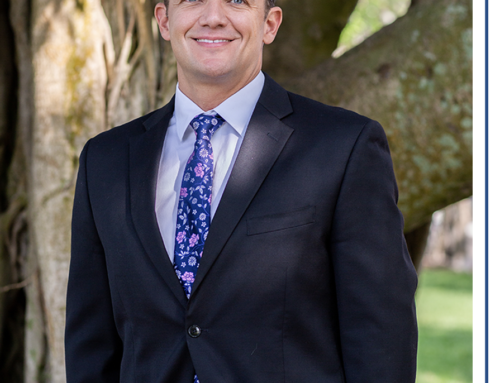Every year, people arrive in the United States seeking refugee or asylum status. The asylum request is meant to provide protection from persecution the applicant suffered – or feared they would suffer – in their home country. Individuals may either file for asylum at a port of entry, or for up to one year of their arrival in the United States, regardless of status.

Even if you are in the United States without authorization, if you are eligible for asylum you may be able to stay in the country. You may include your spouse and children who are in the United States with you, as long as your child is under 21 years of age and unmarried.
Refugee & Asylum Status
Refugee status may be granted to people who meet the legal definition of refugee and who are of special humanitarian concern to the United States. Refugees are generally people outside of their country who are unable or unwilling to return home because they fear serious harm. You may seek a referral for refugee status only from outside of the United States.
Individuals looking for asylum follow a different process once arriving in this country than other immigrants.
All the information regarding your application can be found on the Form I-589 – Application for Asylum and for Withholding of Removal. There is no fee to apply for asylum.
Under What Circumstances Can You Claim Asylum?
Conditions considered applicable to an asylum request include persecution due to race, religion, nationality, social group or political opinion. Asylum does not currently apply to those who claim they need protection from a hostile spouse or from gang activity in their home region.
What Happens After You File for Asylum?
As of Jan. 29, 2018, the USCIS Asylum Division is scheduling interviews with applicants in the following order of priority:
1st priority: Applications previously scheduled for an interview which had to be rescheduled by either party.
2nd priority: Applications pending 21 days or less since filing
3rd priority: Remaining pending affirmative asylum applications will be scheduled for interviews starting with
newer filings and working back towards older filings.
Depending on the workload, timing may be affected. Asylum office directors may consider an urgent request to be scheduled for an interview outside of the priority order, on a case-by-case basis.
What to Bring to Your Asylum Status Interview
If you are not able to conduct the interview in English, you must bring your own interpreter. You are also allowed to bring a representative or legal representation, but your lawyer may not act as your translator.
You will be expected to bring:
* Any passports you may have
* Other travel or identification documents
* Form I-94, Arrival-Departure Record, if you received one when you arrived in the U.S.
* A copy of your Form I-589
* The originals of any birth certificates, marriage certificates, or other documents you previously submitted with your Form I-589. Any document not in English must have a certified translation.
* Any other documentation which may support your claim.
It should be pointed out that the overflow and backlog of current cases may result in a very long wait time. Should you not be able to make your scheduled appointment, immediately contact the consulate nearest you to reschedule. Failure to do so in a timely manner may result in losing your place in line.
Let’s Get Started
We understand that this can be a very emotional and stressful time, and this overview is just a very small representation of the process. There are nuances and provisions which may apply to your situation. That is why it is so important for you to get expert representation.
We are ready to answer any questions, help you to collect the necessary documentation and guide you on your path to asylum status. Call us today at 866 -805 -8947 to discuss your eligibility and begin the application process.
The immigration attorneys at Probinsky & Cole expertly represent clients in immigration issues such as deferred action, removal/deportation proceedings, permanent residency (“green card”), citizenship, employment visas, investor visas, and family-based immigration.







